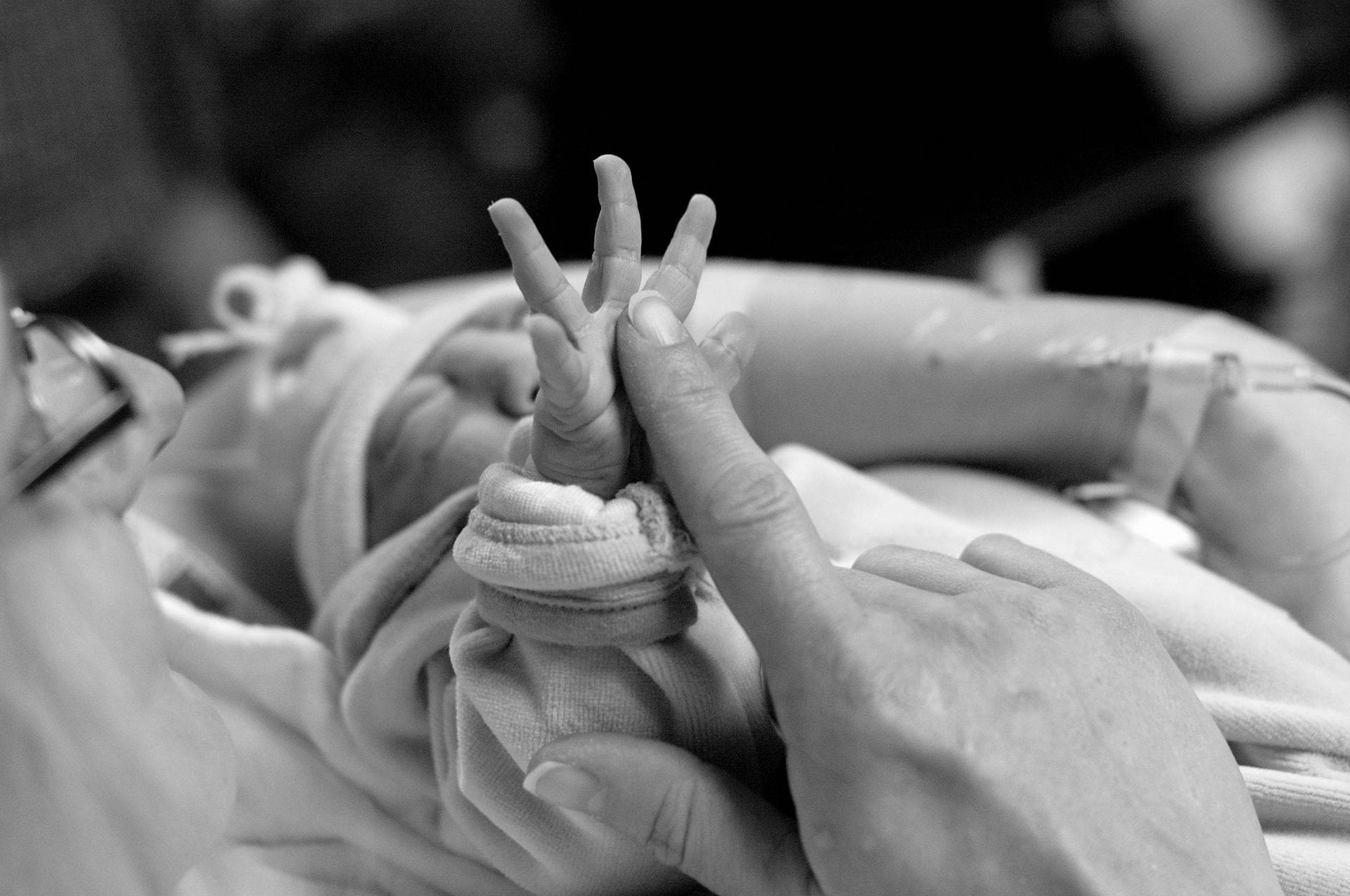In an era when 99 percent of Catholic women have used a modern method of birth control, and marriage equality is legal nationwide, the United States Conference of Catholic Bishops (USCCB) is still pushing its hardline view on issues of sex, sexuality, and reproductive choice. The bishops say it’s a matter of religious freedom.
But a new poll by Belden Russonello Strategists, commissioned by Catholics for Choice, asked Catholics aged 18 to 34 about a broad range of social justice issues, including religious freedom. It shows that younger Catholics disagree.
1. Catholic millennials take a strong stand against discrimination.
A large majority believe it should be illegal for Catholic institutions — such as churches, schools, hospitals, or social service agencies — to fire or refuse to hire a person who is:
- Openly gay or lesbian (71%)
- Supports abortion rights (75%)
- Uses birth control (79%)
- Undergoes artificial insemination in order to have a baby (80%)
- Is in a couple, living together but unmarried (78%)
And 79% of Catholic millennials do not think that businesses should be able to refuse to serve LGBT individuals because of the business owner’s religious views.
2. They don’t support the bishops’ battles against contraception.
Regarding the bishops’ fight against contraception coverage in the Affordable Care Act, 78% of young Catholics think that health insurance companies should be required to include birth control in their insurance coverage.
In particular, they showed disbelief over the Hobby Lobby decision. “From a legal standpoint, the Hobby Lobby decision gives corporations certain rights that are generally reserved for individuals,” said a 28-year-old male participant. “A corporation should not be able to claim freedom of religion. A corporation is a business.”
3. They don’t want the bishops to follow Catholics into the ballot box.
More than three-quarters (80%) do not feel they have to vote the way the bishops tell them to. “If you wanted to disagree with the bishops on something political … you should have that right,” said a 22-year-old male participating in the focus group.
4. They embrace our diverse society — and wish the Church did the same.
A 2014 Pew survey found that millennials are America’s most racially diverse generation. A deep respect for others’ experiences and points of view came up a number of times in the focus groups in terms of women’s rights in society and in the Church, as well as separation of church and state. According to our poll, 82% of Catholic millennials believe abortion should be legal in at least some circumstances. Seventy-five percent of Catholic millennials want women to serve an equal role as men in the Catholic Church.
5. They affirm their Catholic identity, but think for themselves.
The millennials in our focus groups pointed to core Catholic values like social justice, compassion, and community when they criticized the Catholic hierarchy for not living up to these same ideals. “Part of being Catholic is helping others. It shouldn’t be just picking and choosing who you want to help,” said a 25-year-old female participant.
As millennials come into power and bring their belief that religious freedom is both freedom of, and freedom from, religion, I have to wonder if the bishops will change their tune. It doesn’t seem like anyone else will be singing along with them.
Jen Girdish is the associate director of communications for Catholics for Choice.
* * * * *
Belden Russonello Strategists conducted a nationwide survey from March 25–April 7, 2015 for Catholics for Choice. The survey consisted of 819 Catholics born between 1981 and 1997, using a GfK Knowledge Panel sample, which is probability‐based and web‐enabled. The margin of sampling error for a probability sample of this size is plus or minus 3.5 percentage points. BRS followed the survey with two focus groups among Catholic Millennials in Chicago on May 5, 2015 — one group with 18- to 25-year-olds, and one with 26- to 34-year-olds. The group discussions helped to explain and illustrate many of the findings in the survey.















